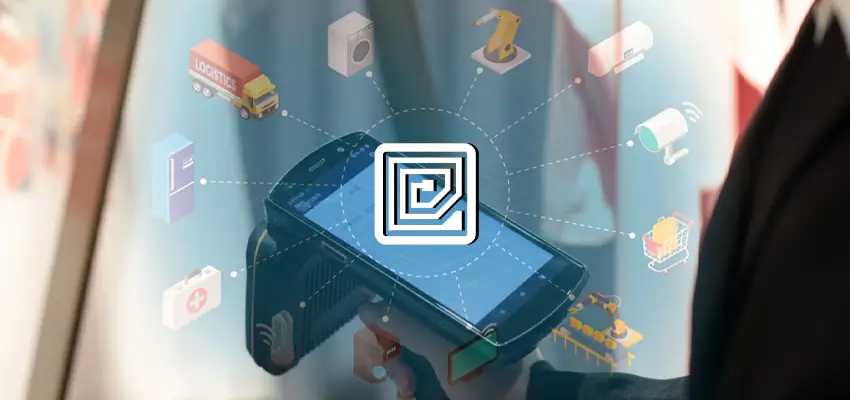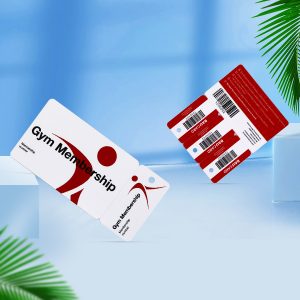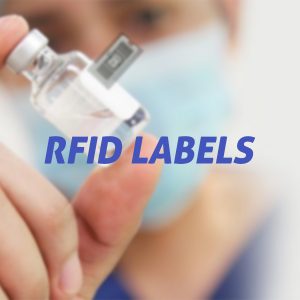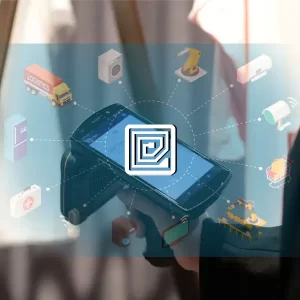Radio frequency identification, or RFID, is a technology that employs electromagnetic fields to automatically identify and track tags that are fastened to items. This technology has been around for a while, but the range of its uses is constantly growing. These are 10 examples of practical applications for RFID technology.

Inventory Tracking
Inventory monitoring is the most popular application of RFID technology in manufacturing and retail environments. All throughout the supply chain, products are given RFID tags, enabling businesses to monitor their stock in real time. This helps cut down on manual counting time as well as theft and lost item losses.
Access Control
Many businesses are now utilizing RFID technology to control access to certain areas within their buildings. Employees can be given access cards with embedded RFID chips that allow them entry into secure areas without the need for manual keys or codes. This also allows businesses to track who is entering and exiting these areas at any given time, providing greater security and accountability.
Payments
Many businesses are now accepting payments via contactless payment systems using RFID technology. Instead of swiping a card or entering their pin number, customers simply wave their card or phone over an NFC reader and their payment is processed immediately without having to enter any information manually. This increases speed and convenience for both customers and businesses alike.
Luggage Tracking
Airports are now using RFID tags on travelers’ luggage so that they can easily be tracked throughout the airport system as they move from plane to plane or terminal to terminal. This prevents lost luggage from being forgotten or misplaced, as well as helps reunite passengers with their bags quickly if they become separated during transit.
Animal Tracking
Animal tracking systems utilizing RFID chips are becoming increasingly popular among pet owners, ranchers, and wildlife researchers alike. These chips allow animals to be tracked over large distances with precision and accuracy, making it easier than ever before to keep tabs on livestock or monitor animal migration patterns in nature reserves across the globe
Patient Care
Hospitals are beginning to utilize RFID tags on patients’ wristbands in order to improve patient care by streamlining processes such as medication administration and ensuring accurate patient records are kept up-to-date at all times.
Retail Shopping
To make shopping more convenient for customers, many retailers have implemented “smart shelves” equipped with RFID readers that can detect when items have been removed from shelves and automatically update inventory levels in real time.
Asset Management
Companies have begun using asset tracking systems that utilize active (battery-powered) or passive (non-battery-powered) RFID tags attached directly to assets like machines or tools. This makes it easy for companies to keep track of where their assets are located at all times.
Security
RFID technology can also be used in security systems, such as door locks, which require authentication via an active tag instead of a traditional key.
Automotive
Automakers have begun equipping vehicles with passive RFIDs that allow mechanics instant access to detailed service records, part histories, recalls, maintenance schedules,and other information regarding the vehicle
As you can see there are many different uses for this versatile technology! From access control systems in business buildings, animal tracking systems in wildlife reserves, asset management solutions in factories; even something simple like contactless payments; these applications range across every aspect of everyday life! With each passing year, more innovative ways will be discovered on how best to use it! It’s no wonder why so many companies have adopted this revolutionary technology into their operations!






